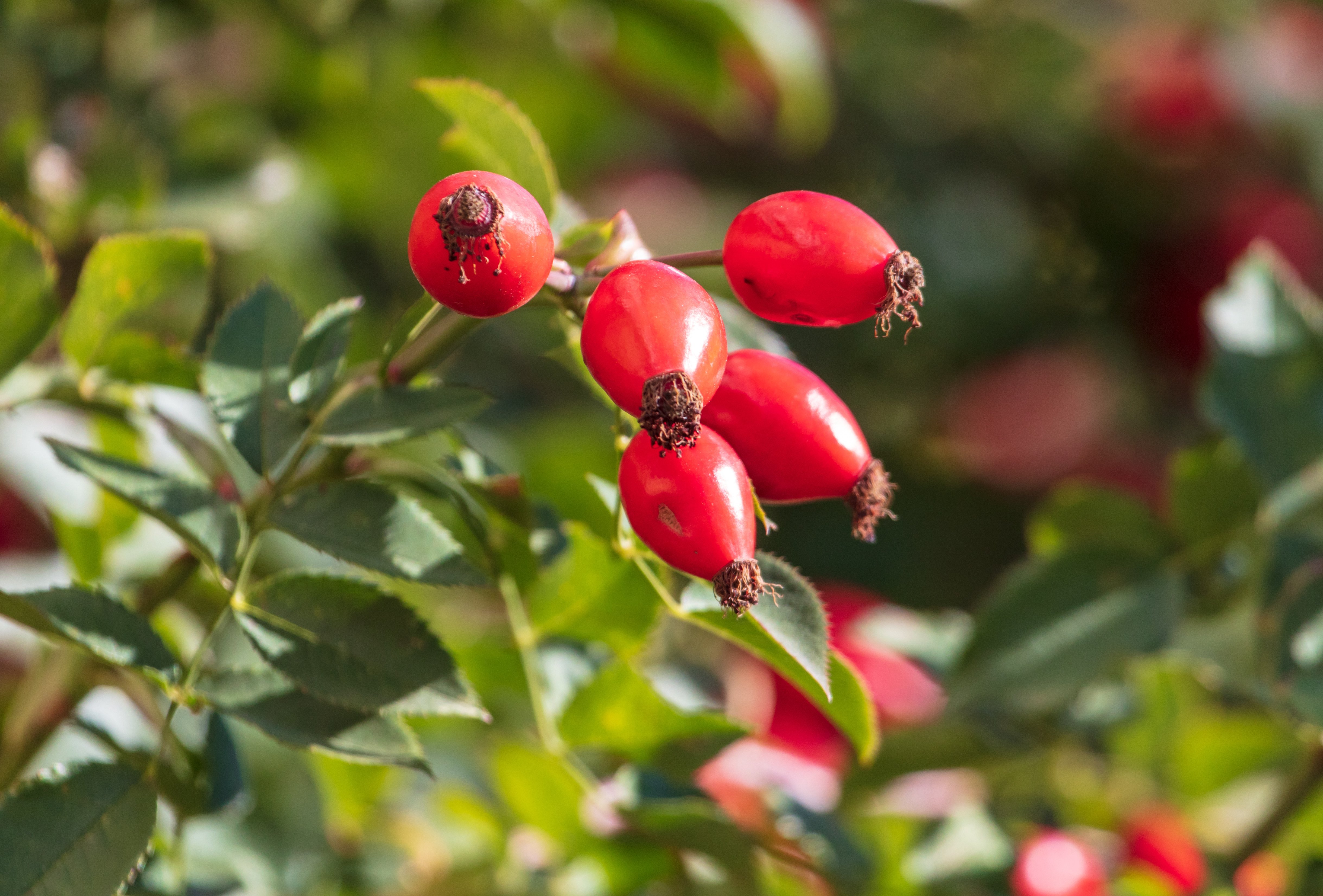5 Feeding Tips to Prevent Equine Gastric Ulcers!
4 min. read time
Audio version – listen to this article easily
There are various ways of rewarding your horse to increase its motivation. Primary reinforcers are food and social contact. They can help to incentivise horses to work more intensively or to learn new things.
Horses with stomach ulcers require adapted feeding, so rewards in the form of fruit and treats should not be ignored. You can find out which types of rewards are suitable for your horse with stomach problems here.
Treats are strictly regulated under EU feed legislation. So you won't find anything in treats that could harm your horse, but whether they are helpful is questionable. Treats should only be fed in moderation, regardless of whether the horse is healthy or has stomach problems. If a horse has a sensitive stomach, you should ensure that the sugar content is as low as possible. Even grain-free treats without added sugar are not automatically sugar-free. Additives such as beet pulp or apple pomace are responsible for a high content of easily digestible carbohydrates. The reward trend here is towards sugar-free alternatives such as fruit or vegetables.
Fruit and vegetables for horses with stomach problems
Like grass, carrots, apples, beetroot and the like are considered juice feed. They have a high water content but a low crude fibre content and are therefore only suitable for horses as a reward and not as basic feed.
Carrots contain beta-carotene, the precursor of vitamin A, and other fat-soluble vitamins. As a result, they can promote intestinal activity, have a positive effect on the mucous membranes and strengthen the immune defence. A supplement of fat (e.g. in the form of linseed oil) is necessary to make vitamin A accessible to the organism. A maximum of 3 kg of carrots should be fed per day.
Beetroot is particularly suitable for horses with ulcers as it is rich in vitamins, minerals and fibre but low in sugar. Beetroot strengthens the immune system, supports the metabolism and deacidifies the body. It also has a haematopoietic and anti-inflammatory effect.
Bananas have been discredited because of their high potassium content, which is significantly lower than in conventional hay. Bananas should always be fed without the peel and only one a day at most, as they contain a lot of fructose.
Rosehips are a healthy alternative treat. They contain a variety of vitamins, such as vitamin C, A, E, K and B complexes. They also contain beta-carotene, minerals and are rich in unsaturated fatty acids. They have a sweet flavour and horses like to eat them dried. They are particularly recommended for horses with gastric mucosal irritation, as the rose hip peel contains natural pectins that help to regenerate the intestinal mucosa.

It is generally not advisable to cut vegetables and fruit into small pieces for horses. If the pieces are too small, horses tend to swallow them whole and not chew them. The result: a blocked throat.
Especially for horses with stomach problems, where special attention should be paid to feeding, rewards can also take a different form. A yielding rein or stroking the neck can act as praise. The important thing here is to get the timing right. Horses can only link action and reaction for three seconds. A direct reaction to a praiseworthy situation is therefore essential.
Ending a training session early or pausing for a walk can express praise, just as the voice can have a rewarding function. It is important to always use the same word as praise so that your horse recognises it. Rituals, such as letting your horse roll around after training, can also help horses to relax. It doesn't always have to be something to eat.
Equine scientists understand operant conditioning as learning via the consequence of an action, which means: A horse lifts its hoof, for example, and the human reacts to it. If you make the consequence desirable for your horse, it will show the reaction more often in future, i.e. if you praise your horse for lifting its hoof, it will do it again in future, if you punish it, it will not like to repeat the action.
Contrary to what many people think, positive reinforcement in training does not mean that you always react positively. The "positive" rather stands for the addition (positive +) of a stimulus, which can be a carrot or a whip. The removal of a stimulus, e.g. the removal of leg pressure or the yielding of the reins, can be understood as negative reinforcement (negative -).
Clicker training offers an alternative form of reward. The basic principle is to reward actions that are desired and to ignore undesired behaviour. The clicker acts as a positive reinforcement. At the beginning, the horse is rewarded with food for a desired action and the click sound is heard immediately. This form of conditioning comes from dolphin training and was developed by Karen Pryor. Over time, the click sound is associated with the food and can eventually be used as the sole reward.
Rewards in the form of feed are certainly the most effective. Rosehips, carrots and beetroot can, in addition to their function as a reward, also promote the health of horses with stomach problems. However, it is generally true that the dose makes the poison. All forms of reward, whether edible or not, should only be used in moderation, otherwise they lose their effect. Used at the right time, praise can motivate the horse to perform at its best.
You can find lots more information about feeding horses with stomach problems on our Feeding horses with stomach problems page. Horses with stomach problems need additional support. It is important to know which feed is suitable for your horse and which should be avoided.
Equine 74 Gastric
Buffers the excess acid in the horse's stomach instead of blocking it.
Equine 74 Stomach Calm Relax
Supports the nervous horse stomach in stressful situations.